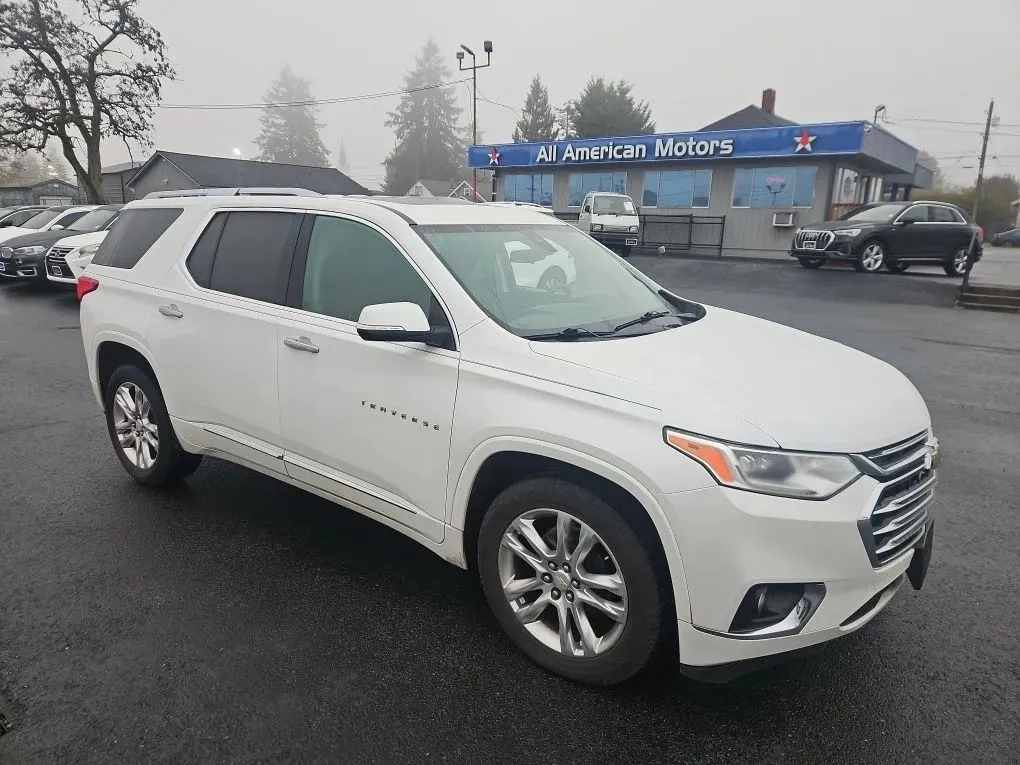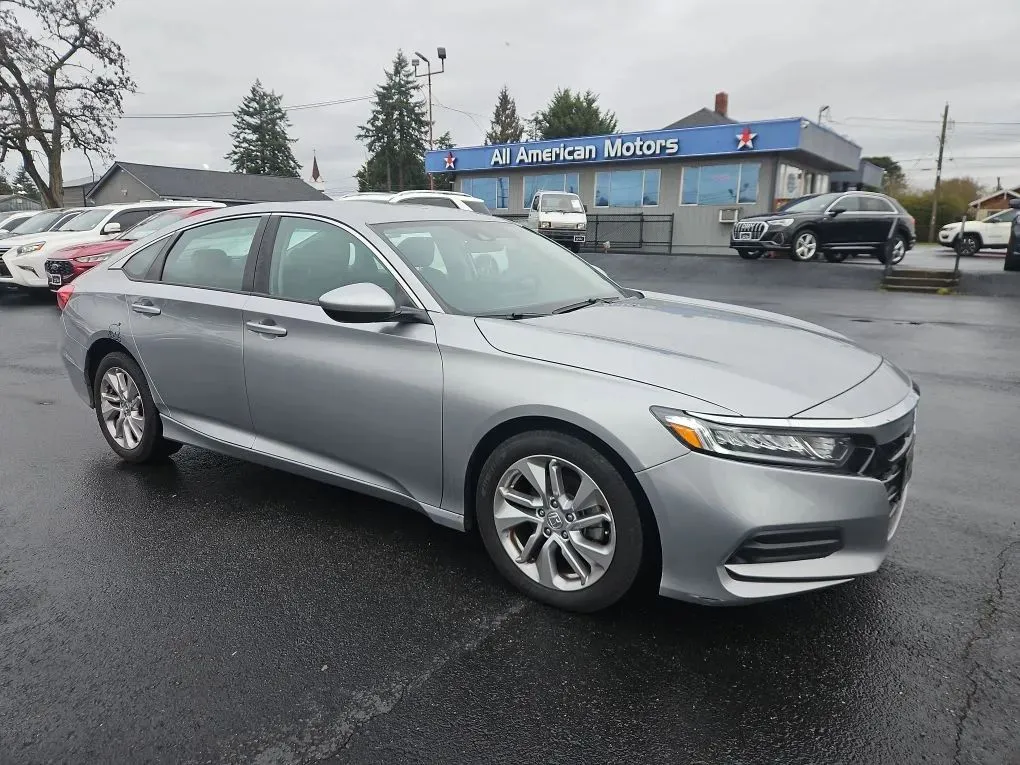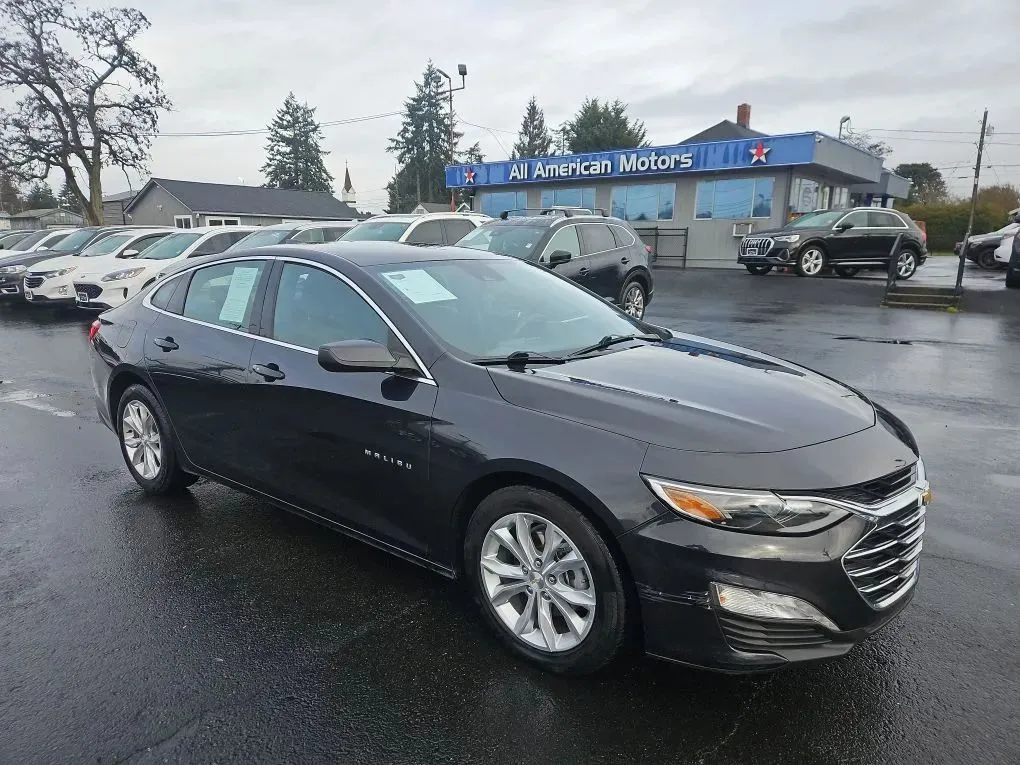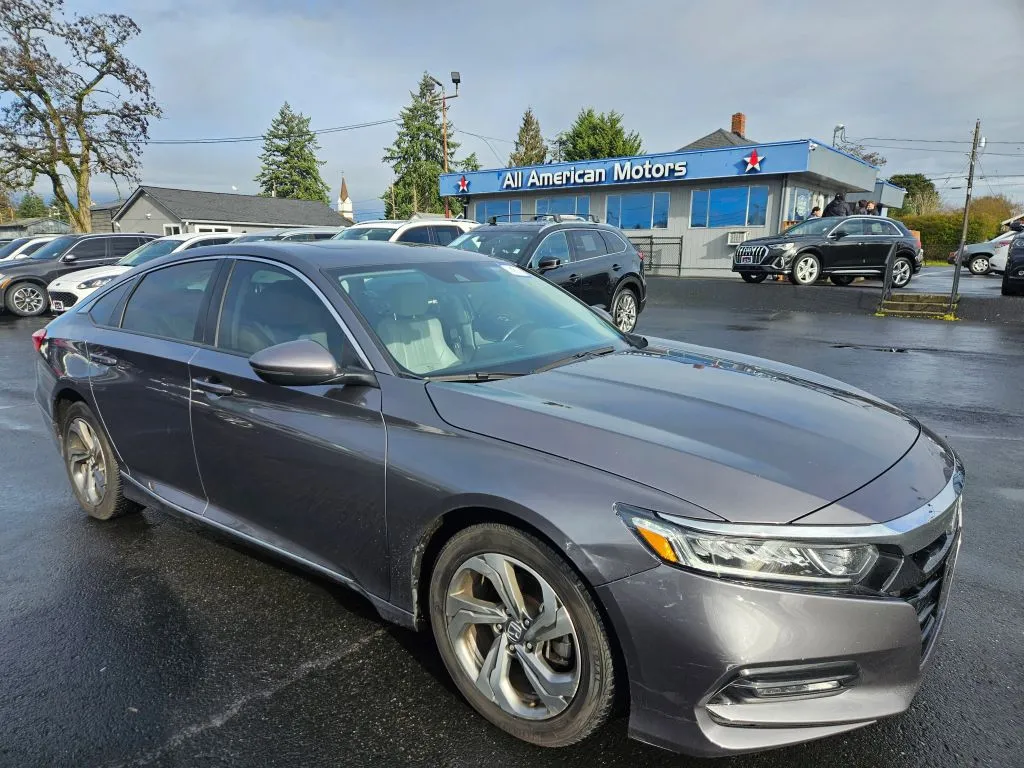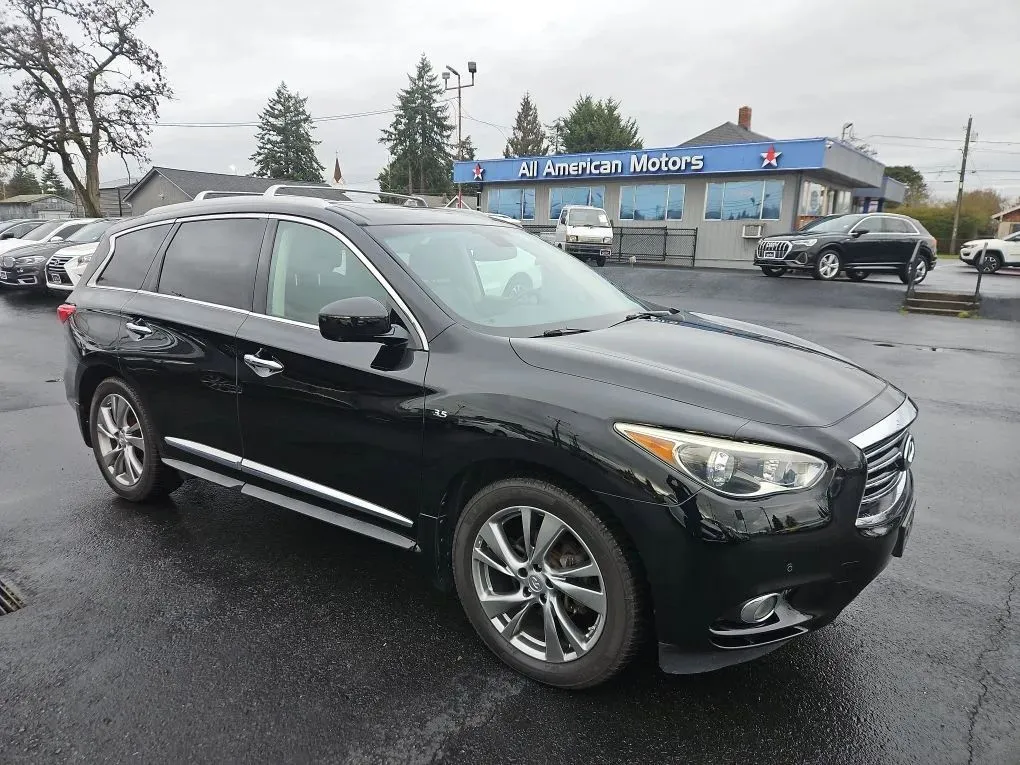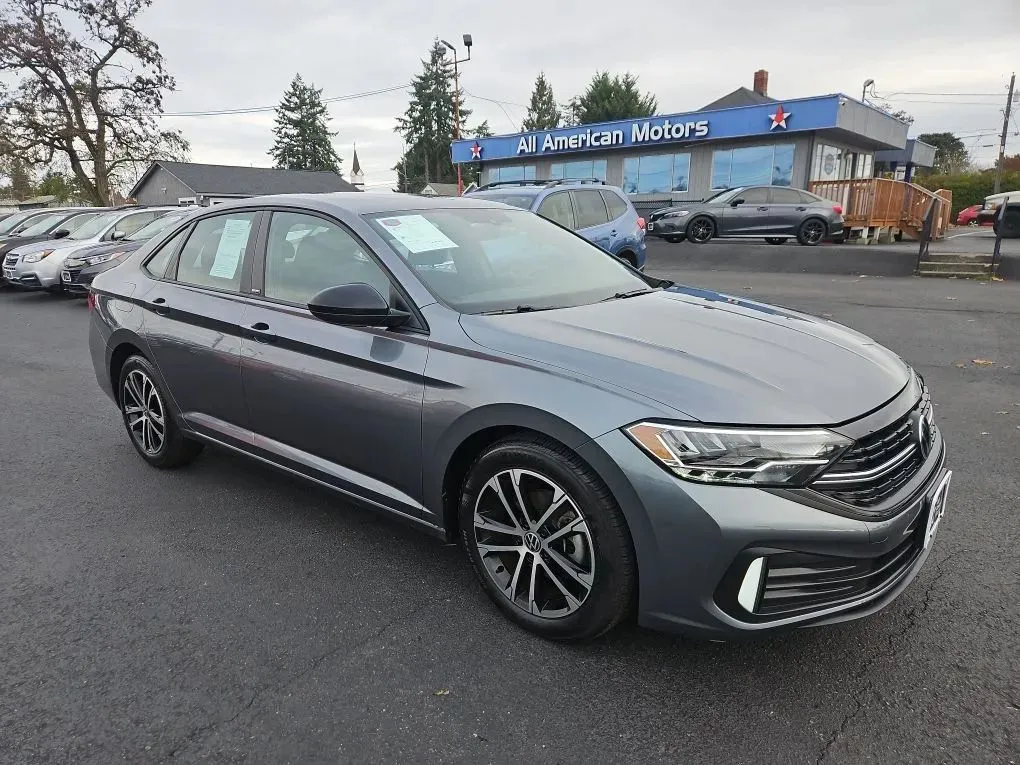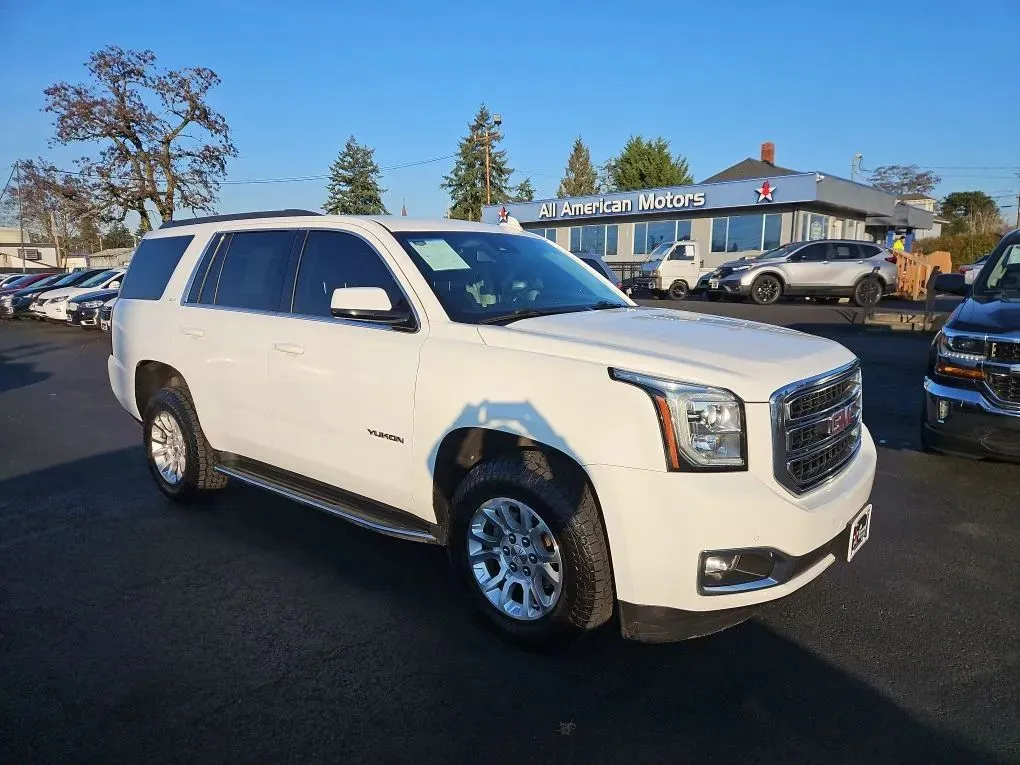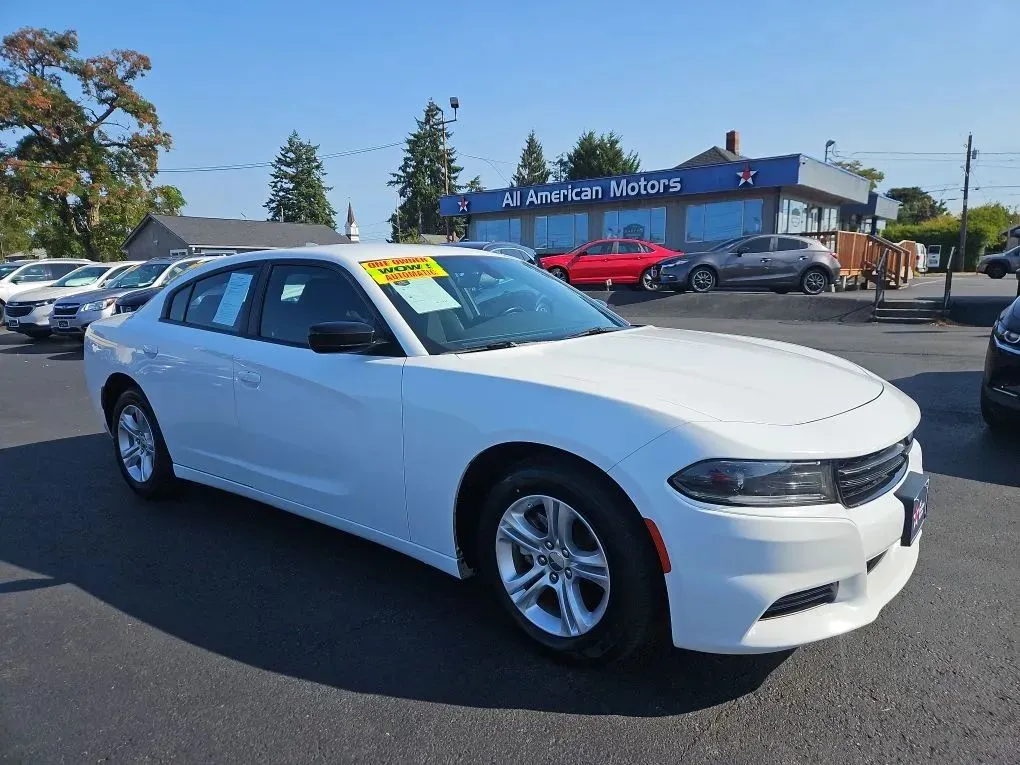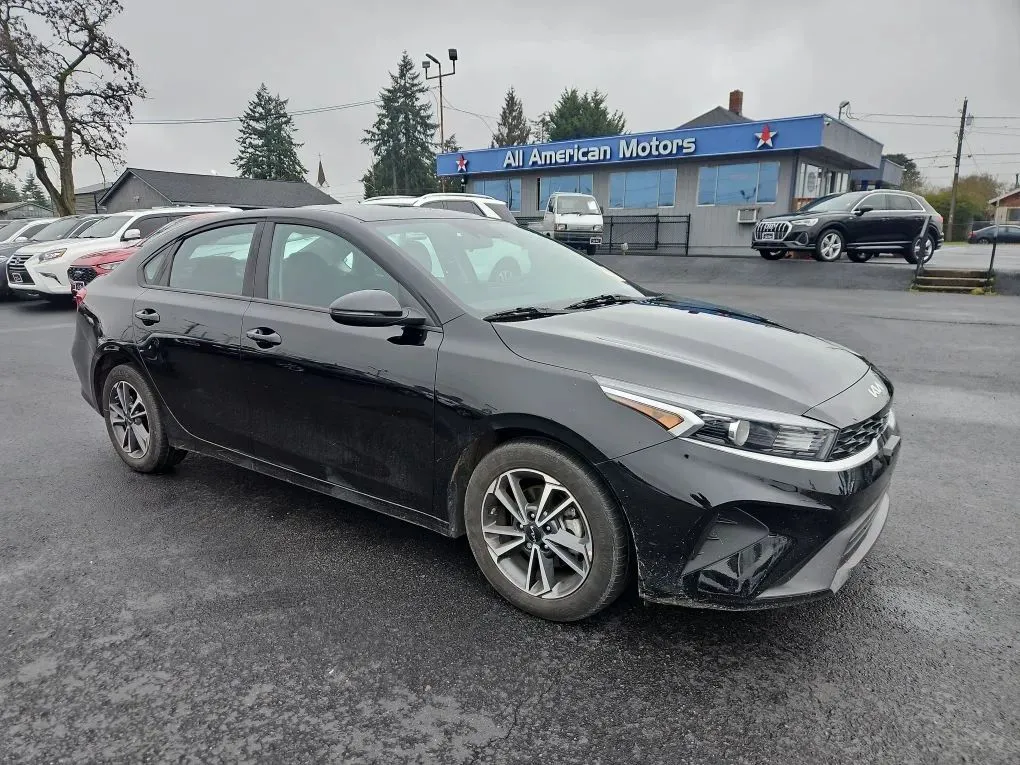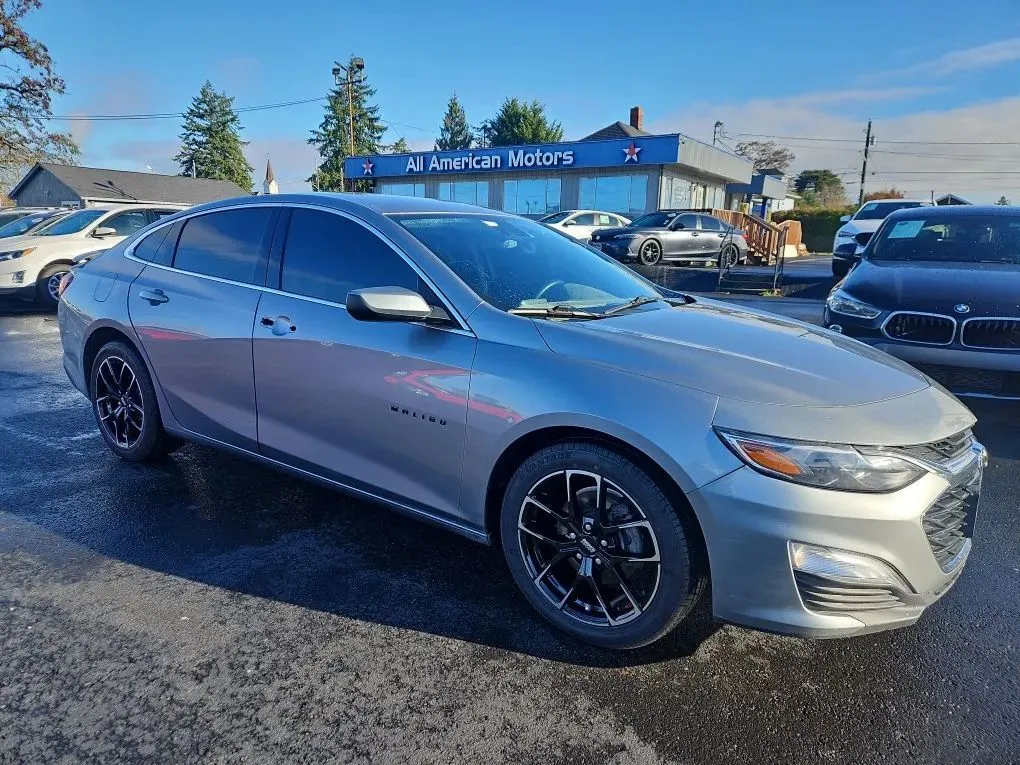Avoid Pitfalls When Buying Used Cars in Tacoma
Table of Contents
Avoid Pitfalls When Buying Used Cars in Tacoma
Discover how to avoid common pitfalls when shopping for used cars in Tacoma. Get tips on vehicle history, inspections, and financing with All American Motors.
Introduction
Buying a used car doesn't have to be a stressful experience. Many people in Tacoma are searching for a reliable set of wheels without breaking the bank, but the process can sometimes feel overwhelming. There are numerous tales of individuals ending up with a car that turns out to be more trouble than it’s worth. These experiences often come from a lack of knowledge about what to pay attention to during the buying process.
Being informed is essential to avoid these car-buying traps. When you equip yourself with the right information, you're more likely to find a car that meets your needs while staying within your budget. From knowing a car's history to understanding financing, each step plays a role in avoiding buyer's remorse.
Researching the Vehicle’s History
The vehicle history report is invaluable when shopping for a used car. Before becoming too attached to a car because it looks appealing, delve into its history. This report helps you uncover surprises that might not be apparent at first glance. Think of it as reading the car's diary—it reveals where it's been and what it’s experienced.
- Check for previous accidents: Accidents can lead to costly repairs, so it’s best to be aware of these in advance.
- Look for past maintenance: A consistent service history suggests the car was well-maintained.
- Verify the title status: Ensure it’s clean and not salvaged.
To obtain a vehicle history report, resources like CARFAX or AutoCheck are helpful. They provide data from various sources for a complete picture. If the seller doesn't offer this report, consider asking why or obtain one yourself.
Inspecting the Car Thoroughly
Once a car's history is verified, the next step is a detailed inspection. Think of this as a health check to ensure everything is in excellent condition. It's easy to get excited about the shiny exterior, but don't let that be your only focus. Checking under the hood, the interior, and the tires can save you from future issues.
Bringing someone knowledgeable about cars, like a trusted mechanic or a savvy friend, can help spot issues your untrained eyes might miss. Focus on these areas:
- Exterior: Look for rust, dents, or any paint mismatches.
- Interior: Check for wear on the seats and ensure gadgets like the radio and AC work.
- Under the hood: Look for fluid leaks and make sure all hoses are securely connected.
- Tires: Check tread wear to ensure replacement isn't needed soon.
Skipping this inspection could lead to unexpected repairs, which can be costly right after purchase. Make sure you’re getting what you're paying for.
Taking a Test Drive
After doing your homework on a car’s history and inspection, it’s time for a test drive. This step reveals how the car performs on the road. Similar to trying on new shoes to ensure comfort, you want the car to handle well with no surprises.
During the test drive, note how the car handles. Does it brake smoothly? Are there strange noises when you accelerate or turn? Ensure the seat feels good and visibility is clear through the mirrors. Also, drive the car on different road types like highways and city streets to see how it adapts to various conditions.
Testing the vehicle in stop-and-go traffic or over bumps can reveal suspension or brake issues. A ride that feels shaky or unresponsive might suggest looking at another vehicle.
Understanding Financing Options
Determining how to pay for your used car is crucial. Understanding your financing options ensures you choose what best suits your budget. Some opt for dealership financing, while others prefer bank loans or credit unions.
Dealership financing might be convenient as it’s managed on-site. However, carefully read the terms before signing. A bank loan or credit union might offer competitive rates, so compare both options for the best terms.
Understanding financing details like interest rates, monthly payments, and overall cost at the end of the loan term is crucial. This prevents payments from exceeding your comfort level.
Knowing What Questions to Ask
Arming yourself with essential questions can make a big difference. Asking the seller detailed questions provides clarity about a car's maintenance and whether it suits your needs. Here’s a guide:
- What’s the car’s history? Knowing past ownership gives insights into its care.
- Why is the car being sold? Understanding the reason can reveal underlying problems.
- Are there warranties still in place? These offer peace of mind if something goes wrong.
- Can I see repair and maintenance records? Reviewing these records gives a clear picture of the car’s upkeep.
Sellers should answer these questions without hesitation. Any reluctance might be a red flag.
Wrapping Up Your Purchase
To finalize your car purchase in Tacoma, ensure all details are reviewed thoroughly. Double-check that loose ends are tied up. Gather necessary paperwork, like the car title, bill of sale, and warranties. Ensure proper registration before driving away.
Familiarize yourself with return policies or warranties. Some dealerships offer a grace period for returns or exchanges. Knowing these details assists in addressing any issues quickly. With the right preparation, enjoy your pre-loved car with confidence, knowing you made a smart decision.
Looking for a seamless car-buying experience? Explore the selection of used cars in Tacoma available from All American Motors. With a wide range of quality vehicles, our team is here to help you find the right match and guide you through every step of the process with confidence.

